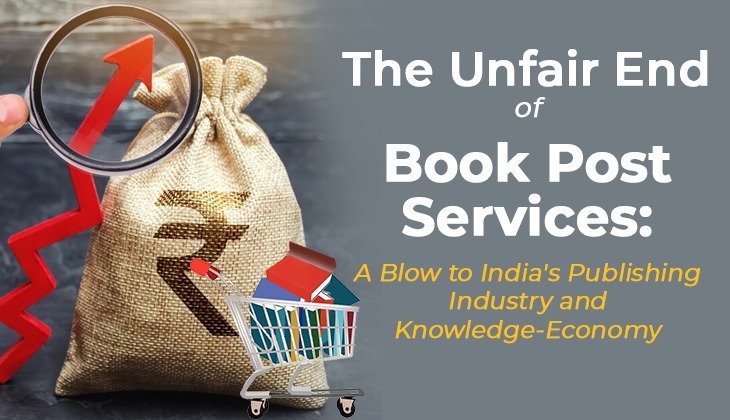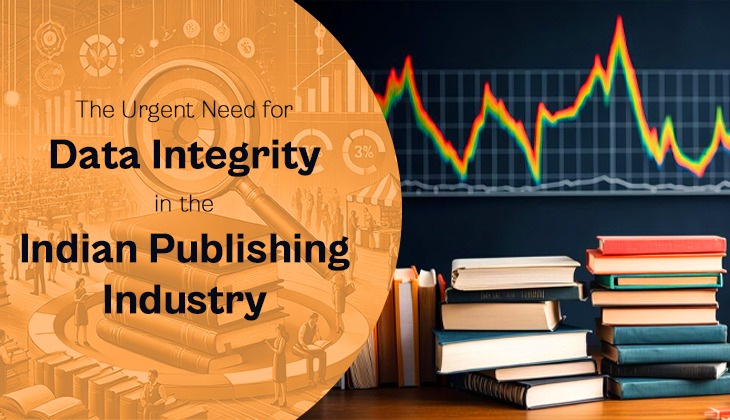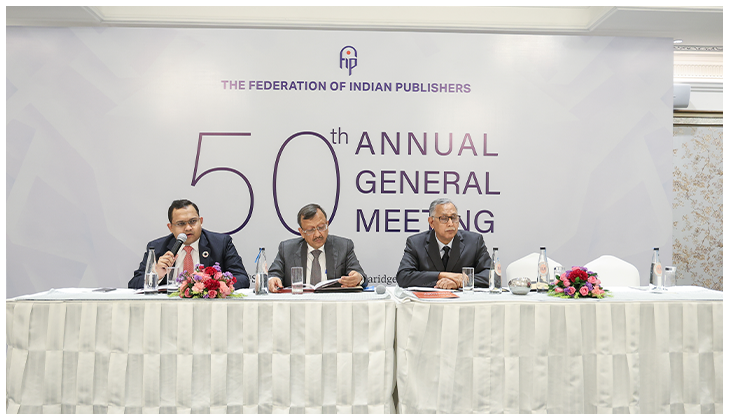“Literature is strewn with the wreckage of men who have minded beyond reason the opinions of others.” – Virginia Woolf
And what better place to witness such a clash of opinions than Jaipur Literature Festival! In its sixth year of completion, this literary mania drew a mixed spotlight yet again. Racing amidst varied controversies, it turned out to be one hotspot for speakers and artists from literature, media and journalism fraternity.
The 2013 edition of this mega event was devoted to the legacy of Buddhism. Dalai Lama addressed an inspiring session and Mahasweta Devi, an iconic voice of human rights, brought gender justice to the fore. In addition to these prominent faces, there were eminent scholars from Oxford, Harvard, Columbia and Cambridge who talked about significant contemporary issues.
No doubt, over the years, this festival has become the most attended literary festival in the Asia-Pacific region. The flow of this seemingly tranquil fest, however, changed a great deal with Professor Nandy’s discriminating statements… “The fact is that most of the corrupt come from the OBC, the Scheduled castes and now increasingly STs, and as long as it was the case, the Indian Republic would survive.” This was perceived as a clear offending attack on the Dalits, tribals and OBCs, and thus raged a nationwide fury. Free expression of speech went off-the mark as literary genius of few speakers led to raised eyebrows amongst political and ethnic groups.
To some, it seemed an extension of the last year’s fiasco where Salman Rushdie’s controversial book “The Satanic Verses” raised great hue and cry. While then, he was banned from addressing the audience through his video conference; this time it was several Islamist groups who threatened the organisers of the festival to restrain the participation of four authors who read out passages from Rushdie’s book last year. (The four authors are Amitava Kumar, Ruchir Sharma, Jeet Thayil and Hari Kunzru.) Not just that, seeing this Muslim strife, some Hindu groups demanded exclusion of Pakistanis from the festival. Such Hindu-Muslim discord created an unnecessary turmoil that dismantled the flow of the festival for a while.
Overall, however, the event did gain international presence with its debates, talks, performances, children’s workshops and interactive pursuits. The only thing that stays unresolved is probably this untimely ethno-racist rift that scars India’s global image as a secular nation.


